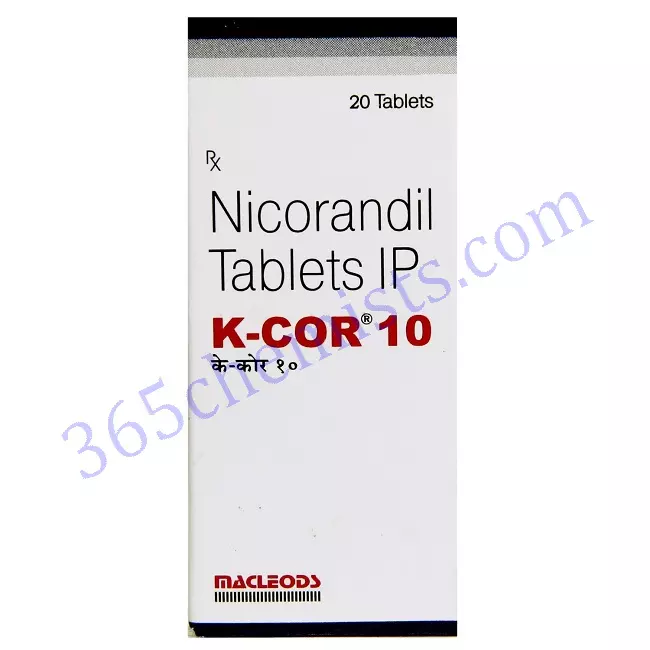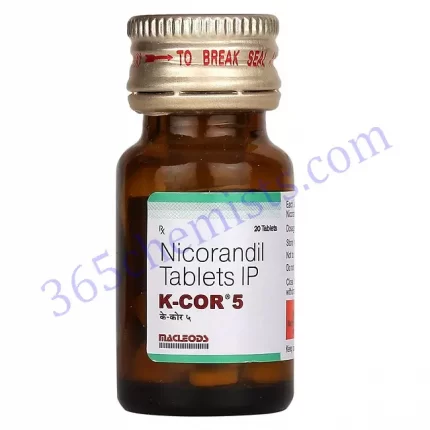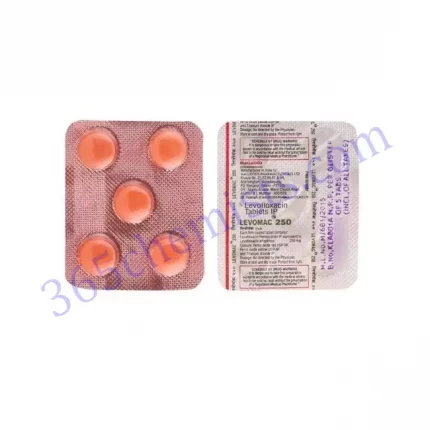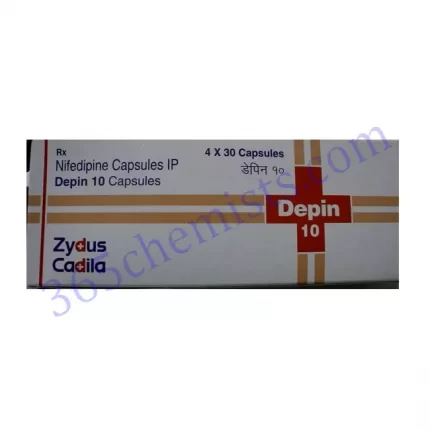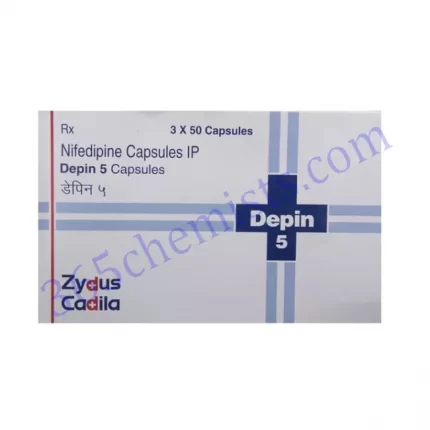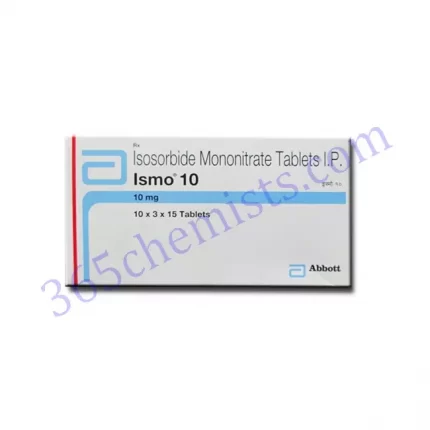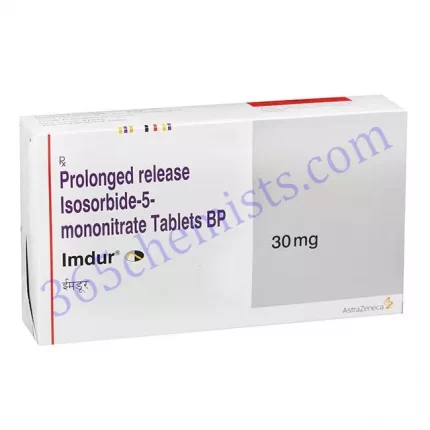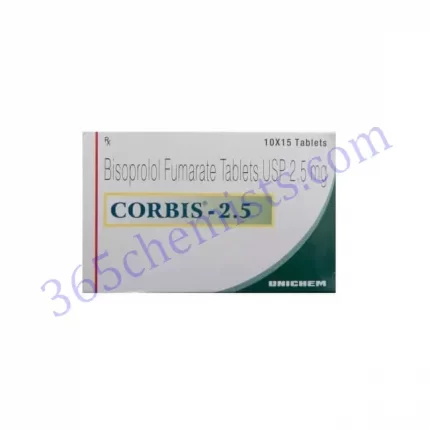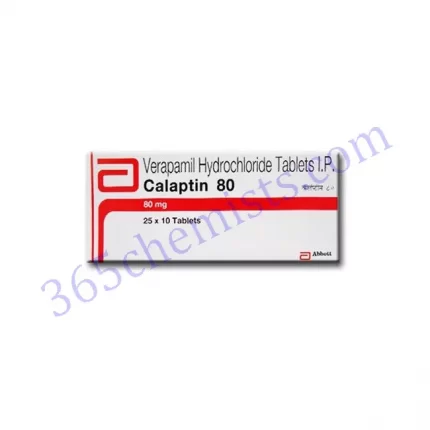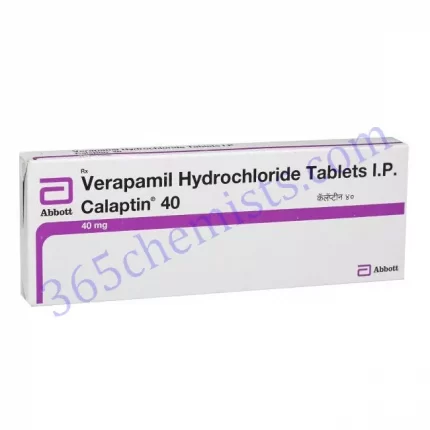Introduction
Nicorandil is the active ingredient in the medication known as K-Cor 10mg Tablet, which is used to treat a variety of heart conditions. It accomplishes this by relaxing the blood vessels and increasing blood flow to the heart, which, in turn, helps to alleviate symptoms and improves the health of the cardiovascular system. Important information regarding the K-Cor 10 mg Tablet, such as its uses, dosage, potential adverse effects, and safety precautions, will be provided in the following description.
Uses of K-Cor 10mg Tablet
The following conditions are the most common indications for prescribing the K-Cor 10mg Tablet:
K-Cor 10mg Tablet is used to manage angina, a condition that is characterised by chest pain or discomfort caused by reduced blood flow to the heart. Angina Pectoris: K-Cor 10mg Tablet is used to manage angina. It helps widen the blood vessels, which in turn permits more oxygen-rich blood to reach the heart muscles, which in turn alleviates the symptoms of angina.
Dosage and Administration
The recommended dosage of K-Cor 10mg Tablet will change for each patient based on the severity of their condition, their past medical history, and how well they respond to treatment. It is essential that you carry out the directions that have been given to you by your chemist or physician. Adults are advised to take one tablet, preferably twice daily, via oral consumption at the typical recommended dosage.
Related Product
K-Cor 5mg Tablet
K-Cor 10mg Tablet
Possible Side Effects
The K-Cor 10 mg Tablet, like other medications, has the potential to cause adverse effects in some people. It is essential to be aware of the possible adverse effects and to seek medical attention if they become bothersome or continue after treatment has been discontinued. The following are some of the potential common adverse effects of the K-Cor 10mg Tablet:
- Headache
- A flushed or reddened appearance to the face
- Symptoms such as lightheadedness or dizziness
- A sick stomach or puking
- Abdominal discomfort
- Rash or itching of the skin
Warnings and Precautions
It is imperative to take into consideration the following warnings and precautions prior to using the K-Cor 10mg Tablet:
- In order to ensure the safe use of the K-Cor 10mg Tablet, it is imperative that you discuss any pre-existing medical conditions, such as kidney or liver disease, low blood pressure, or any allergies, with your primary care physician.
- Inform your healthcare provider of any additional medications you are taking, including over-the-counter drugs and herbal supplements, if you are currently receiving treatment. It is possible for certain medications to have an effect on the efficacy of K-Cor 10mg Tablet or to raise the risk that it will cause side effects.
- Alcohol consumption should be avoided while taking K-Cor 10mg Tablet because it may increase the likelihood of experiencing side effects and may also make them more severe when they do occur.
- Before using the K-Cor 10 mg Tablet, women who are pregnant or who have plans to become pregnant should discuss the medication with their physician. It is important to weigh the potential adverse effects of the medication on the unborn child against any potential positive effects.
- Because it is possible for the K-Cor 10 mg Tablet to pass into breast milk and potentially affect the nursing infant, women who are breastfeeding should discuss the use of the medication with their healthcare provider before taking it.
Conclusion
K-Cor 10mg Tablet is a medication that is commonly used to treat angina pectoris. This tablet contains the active ingredient nicorandil. It accomplishes this by relaxing the blood vessels and enhancing blood flow to the heart, both of which contribute to the reduction of symptoms and the improvement of cardiovascular health. It is essential to use the medication as directed, which includes adhering to the dosage that was prescribed for you, being aware of any potential adverse effects, and taking any and all necessary precautions. If you have any questions or concerns about the K-Cor 10mg Tablet, you should speak with your healthcare provider so that they can provide you with individualised advice and direction.

